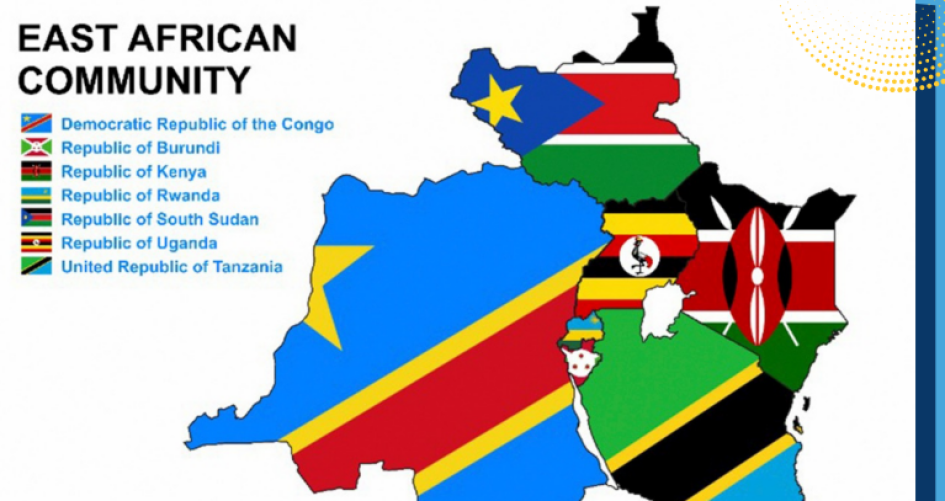After more than two years of collaboration, in July the East African Community becomes the second sub-region to endorse a Climate Finance Access and Mobilization Strategy developed under the UN Climate Change Needs Based Finance project with support from RCC Kampala.
On 12 July 2022, the Council of Ministers of the East African Community (EAC) endorsed a regional Climate Finance Strategy during their 42nd session in Arusha, Tanzania. This high-level political endorsement was preceded by the Sectoral Council on Environment and Natural Resources adopting the Strategy in May 2022 after technical consultations with EAC Partner States in previous years. It also follows the Economic Commission of West African States (ECOWAs) and has the potential to open the door for more climate finance to flow to African regions.
The Climate Finance Strategy sets out strategic actions for addressing common barriers and solutions to enable the upscaling of climate finance collaboratively for and across all Partner States – Republic of Burundi, Republic of Kenya, Republic of Rwanda, Republic of South Sudan, United Republic of Tanzania, Uganda and The Democratic Republic of Congo. The Strategy is a critical and timely instrument, considering the region’s:
- Climate commitments outlined in their combined Nationally Determined Contributions (NDCs), which require at least US$ 21 billion per year until 2030 even before the Democratic Republic of Congo joined the EAC in April 2022
- Less than average annual international public finance flows (US$ 2.5 billion) between 2013 and 2018
The Strategy strengthens the EAC climate change policy framework, which includes the Strategy, a Climate Change Policy, Climate Change Masterplan and a regional NDC Implementation roadmap.
Following adoption of the Strategy, the EAC secretariat will finalize an implementation plan and initial pipeline of priority transboundary projects, both of which are prerequisites for the resource mobilization stage of the NBF project. This next step will involve matching priorities with funds and collaborating with financial and technical partners to mobilize support for implementation.
With enhanced responsibilities outlined in the Strategy, the EAC secretariat needs financial support from development partners to effectively coordinate implementation. UN Climate Change will continue to provide support defined by current and future NBF mandates by the COP and CMA. The secretariat will also work as an earnest partner to strengthen collaboration and open opportunities for finance in the EAC and across Africa.
If you are interested in partnering or any form of collaboration, please contact RCCKampala@unfccc.int and eac@eachq.org.

